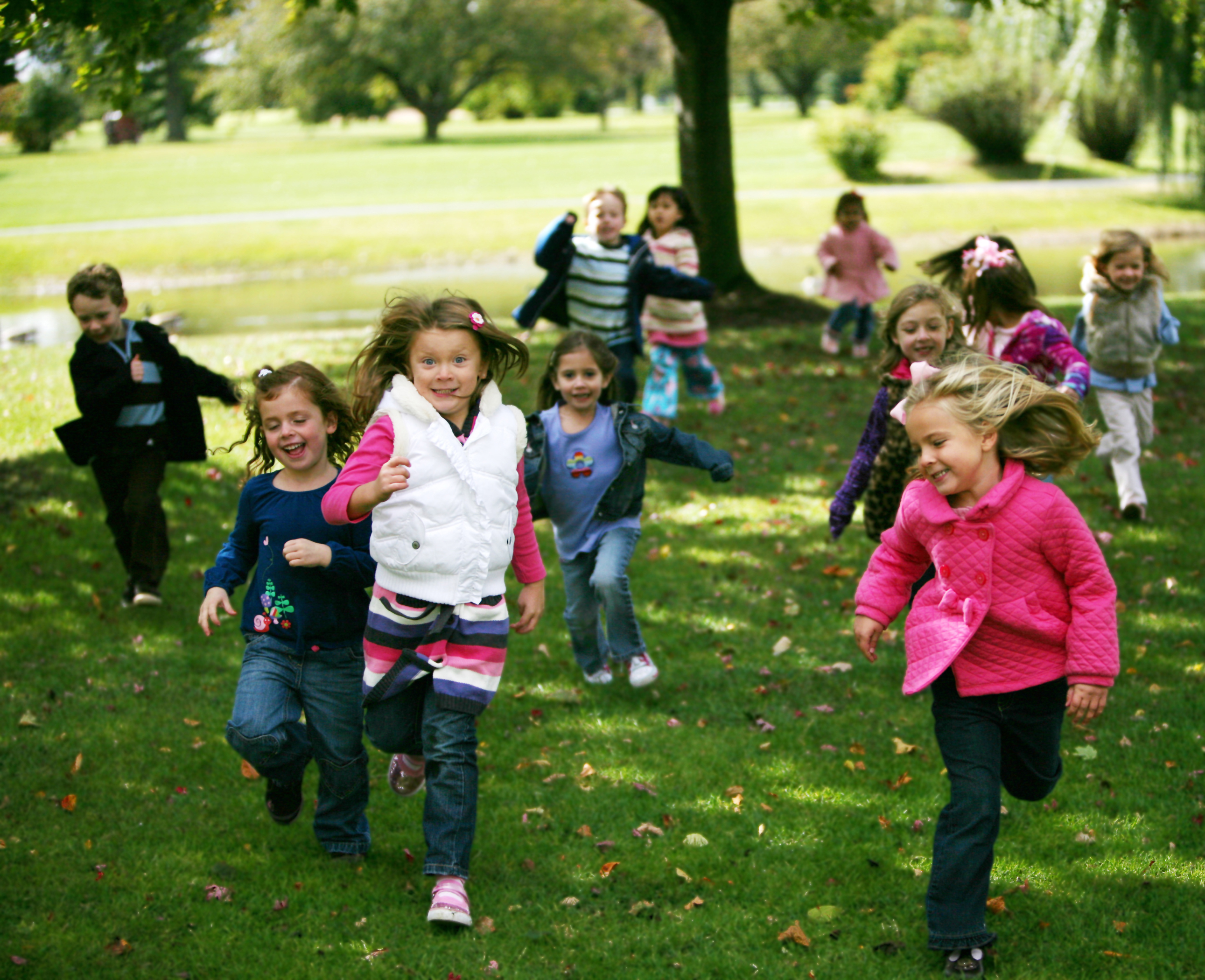Getting Started
Five myths debunked about investing for children

Do children really pay tax on their savings? Do they have to cash in their junior ISA as soon as they reach 18?
Tom Stevenson, investment director for personal investing at Fidelity International, sifts out the fairy tales from the facts about investing for children.
Myth 1 – Children don’t pay tax
Contrary to popular belief, children are liable for tax, although few are fortunate enough to earn enough on their savings and investments to actually pay any.
There will only be tax to pay by your child if they earn above their personal allowance. The standard personal allowance is currently £11,000, so there won’t be any tax to pay as long as the interest they earn amounts to less than £11,000 in the current tax year.
However, the rules are tougher if the interest is earned on money from a parent. If your child earns more than £100 in interest in any tax year from money you have given them, then you will be personally liable for tax on the interest earned, if it’s above your personal allowance.
The good news for grandparents, aunts, uncles, godparents and anyone else who gives money to a child, is that the same tax liability does not apply.
Myth 2 – Children can’t have a pension
Actually, they can and you can start saving into a Junior SIPP as soon as your child or grandchild is born. Each child can have a total of £3,600 a year, or £300 a month, saved into a pension. Just as with your pension, the government automatically tops up payments you make by 20%, so for your child to have the maximum £3,600 a year, total contributions only need to come to £2,880.
Our calculations show that that if you were to invest £300 a month into a SIPP just for the first 18 years of their life (even if they added nothing themselves during their adult life) they would have a very impressive £603,441 pension pot at the age of 65.2 This is perhaps the ultimate way to make sure your child has the makings of a secure financial future.
Read: Three reasons to set up a pension for your child and Fund picks for your child’s pension
This is another fallacy and the good news is that you won’t. While parents who save or invest money on their children’s behalf can face a tax bill if their child’s savings or investments earn more than £100 in any tax year, the same does not apply to you when you’re a grandparent.
Given the length of time ahead of them, investments in funds are especially worthwhile for children. You invest in your name then add the child’s name or initials to the account so you can ‘designate’ or identify which assets are theirs. Then you can transfer the assets to the child when they reach age 18. Unlike ISAs and pensions, any investment growth will be subject to capital gains tax but this can often be offset by the child’s tax allowances.
Myth 4 – Your child can’t get their hands on the money
Not quite. With a CTF or JISA, as soon as they hit 18 their account is automatically rolled over into an adult ISA. It’s at this point that parents and grandparents often panic. What if all those years of saving and investing end up getting blown on a gap year or something totally inappropriate and not the purposes you’ve had them earmarked for in your mind for the past 18 or so years?
Well, if you have a wilful 18-year-old on your hands, then you might find yourself fighting a losing battle. But making a point of talking about your child’s savings and investments with them from as early an age as you can, getting them involved and showing them how it’s growing nicely over the years is a good way to instil a savings habit in them that – you hope – will pay off.
Myth 5 – Once they reach 18 the JISA has to be cashed in
Yet another myth. Just like you, the government would ideally like to see your now adult child continue to save. That’s why the account is automatically converted to an adult ISA. This way, it’s hoped that if the money isn’t needed for anything else, it will continue to grow and be added to. Your adult child will now be free to fully invest in a regular stocks and shares ISA as well as adding to anything they hold in a cash ISA.
Before that point, once they reach 16 they can also contribute into the adult equivalent of a Cash ISA (although not an adult Stocks and shares ISA yet), up to the £15,240 limit in the 2016/17 tax year. This is in addition to any money paid into their Junior ISA.